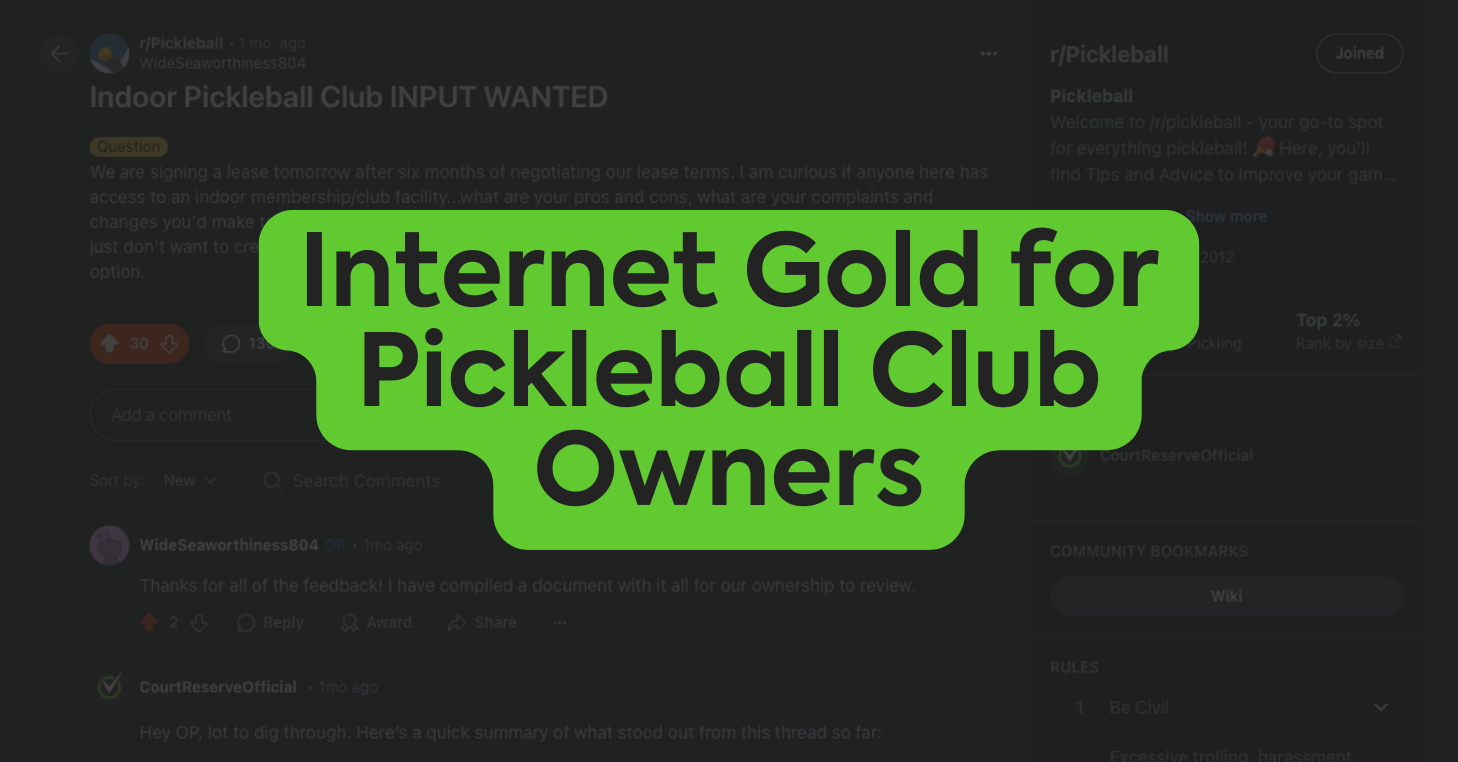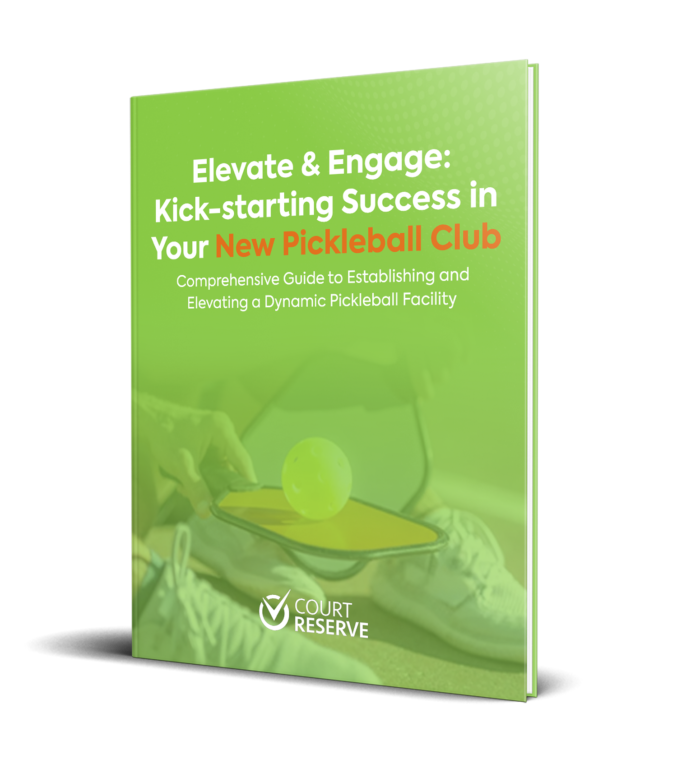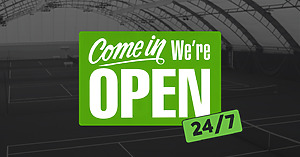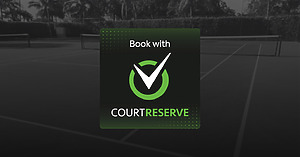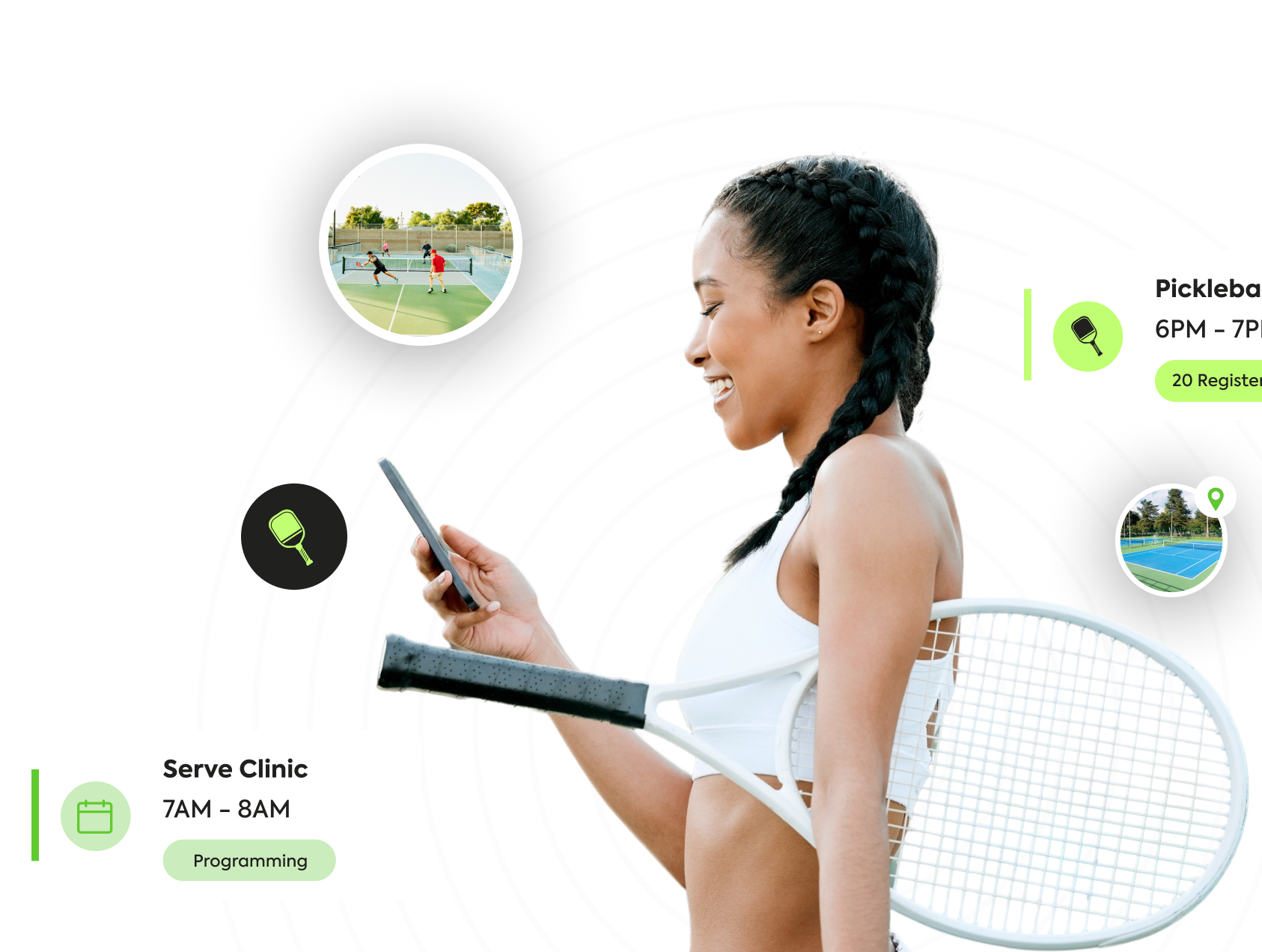Sometimes, the biggest insights come from the smallest details. And the best strategy isn’t always in your club’s financial dashboard — it’s in the comment section.
A simple post on Reddit kicked off an avalanche of commentary:
“You’re just asking these questions now?”
The thread quickly turned into a candid, unfiltered forum where pickleball players, club members, and even staff shared their frustrations, ideas, and wishlist features for opening indoor pickleball clubs.
What started as skepticism turned into a goldmine of feedback.
They weren’t just venting. They were writing your playbook. Take a look for yourself…

I saw passionate responses about:
- Court spacing and safety
- Overbooked open play sessions
- Clunky booking software
- Misaligned skill-level play
- Water stations and paddle racks
- Staff friendliness, and much more
Hundreds of comments. Zero filters. All signals.
This was eye opening to me, as a member of the CourtReserve team. Heck, we even had a few mentions alongside some other court reservation software vendors.
What pickleball club operators can learn from it
For club owners and directors, these weren’t just internet rants.
They were micro-insights — what branding expert Martin Lindstrom calls small data [link].
These moments are easy to overlook, but they shape member loyalty and word-of-mouth more than any of your marketing campaigns ever will.
Key learnings:
- Players will leave if they feel disrespected: That might be an ignored paddle stack, or cliquish players who won’t rotate in.
- Beginner experience makes or breaks retention: Many new players shared stories of being left out during open play. That’s churn in the making.
- Scheduling isn’t just logistics, it’s lifestyle: Evening hours matter. Lunch play matters. Offering both signals that your club “gets” people.
- Technology is only as good as its fairness: If the booking software feels rigged, unresponsive, or confusing, it sours the entire club experience.
Enter: Small data
Martin Lindstrom, the brand consultant behind Lego’s turnaround, believes the best ideas aren’t in big data — they’re in human moments. He tells the story of how Lego almost ruined its product trying to cater to short attention spans. Big data told them kids wanted faster, easier builds.
But one visit to a kid’s home changed everything.
An 11-year-old boy said his proudest possession was his beat-up sneaker. Why? “Because the worn edge proves I’m the best skater in town.”
Lego realized: mastery, not speed, was the goal. That single insight reshaped their entire strategy. They made bricks smaller, not bigger. They leaned into storytelling, not shortcuts.
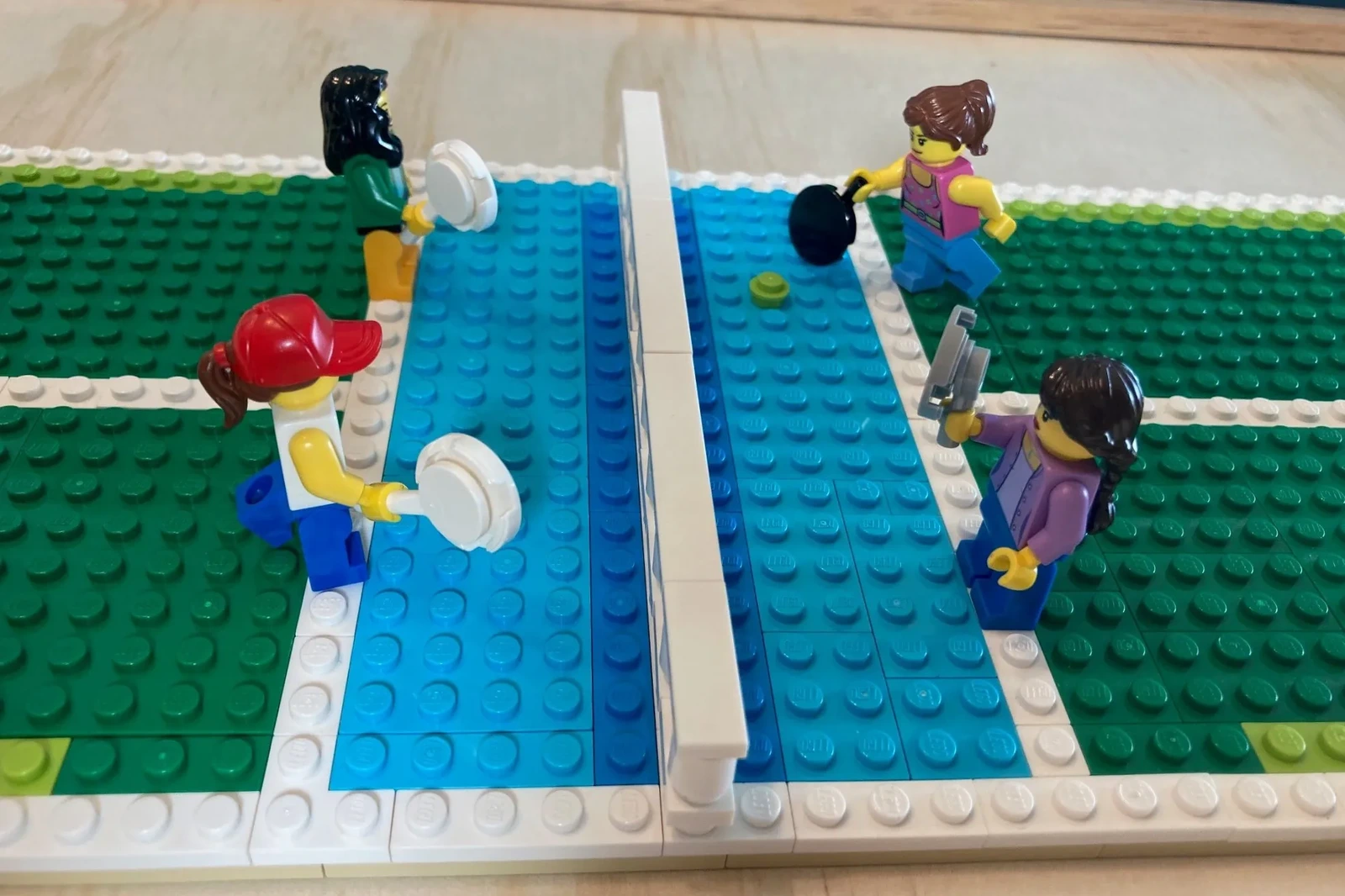
LEGO, the LEGO logo and the Minifigure are trademarks of the LEGO Group.
©2008-2025 The LEGO Group. All Rights Reserved.
That’s small data.
And it’s everywhere in your tennis or pickleball club:
- A player always leaves after one game. Why?
- The same 5 people win challenge court. Who’s missing out?
- A couple shows up 3 times, then disappears.
- The water cooler is always bone dry at the end of the day.
These are not anomalies. They’re clues.
How pickleball club operators can use small data
Small data isn’t about installing a new analytics system. Oh no. It’s actually about paying better attention.
Practical tactics:
- Run a quarterly “racquet circle”: Invite 5 members for coffee and just ask: “What’s working? What’s weird to you?”
- Shadow your front desk: See the friction firsthand.
- Watch your paddle queue: Are people respecting it? Is it fair?
- Join your own open play: Feel what your players feel.
- Lurk (or ask!) in Facebook groups or Reddit: They’ll tell you the truth there before they ever do in person.

˝Photo: © Old Coast Pickleball
Operator mindset:
- Don’t dismiss small complaints as isolated.
- Ask why someone left, not just if.
- Remember: your happiest members might not be your most vocal ones.
Why CourtReserve is listening
At CourtReserve, we don’t just build features. We build for real-life friction. It’s why we’re trusted by over 1,900 tennis & pickleball clubs and counting.
That Reddit thread wasn’t a traditional user survey — but it might be more valuable than one. We read every comment.
Here’s what we heard:
- The good: simplicity, easy booking, calendar visibility
- The bad: clunky admin tools, confusing session formats
- The opportunities: more vendor integrations, smarter queueing, beginner-friendly UX
We’re now exploring ways to bring some of these insights into our platform. Because small data, when acted on, becomes a strategy.
The bottom line
Every club has data. But not every club has empathy.
The racquet clubs that thrive long-term will be the ones who notice the worn sneaker, the quiet player, the awkward moment at the paddle rack.
That’s the real game.
What’s your club’s “sneaker moment”?
Small data isn’t small. It’s just personal. And in the world of racquet sports, that makes all the difference.



